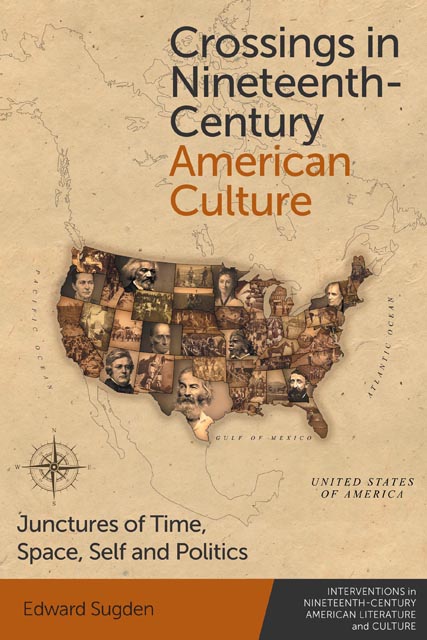7 - Ecology/Radical Politics: Thoreau’s Science of Civil Disobedience, 1849
Published online by Cambridge University Press: 26 November 2022
Summary
‘Climate disorders are a vice inherent to civilized culture.’
Charles Fourier, De la deterioration materielle de la planete‘I am concerned to trace the effects of my allegiance.’
Thoreau, ‘Resistance to Civil Government’‘The dissident … witnesses to the impossibility of continuing to obey.’
Frederic Gros, Disobey! (2020: 142–3)INTRODUCTION
The radical politics of ‘civil disobedience’ which Henry David Thoreau advocates in his essay ‘Resistance to Civil Government’ (1849), and the ecological philosophy of Walden and his natural historical writings have each energised generations of scholars and activists. Yet, while often taken as separate aspects of Thoreau's work, the time is propitious to reconsider how Thoreau's calls to individual action in his anti-war and antislavery writings might be understood in tandem with the onto-ethics of relation, materialism and agency in his ecological work. What is at stake here is how such a ‘crossing’ between Thoreau's radical politics and ecology might afford new possibilities for individual and collective resistance, new modes of informed conducts of living, and a new concept of interactive responsibility past the constraints of liberal theorisations of justice.
The time is now! Environmental activists from Greenpeace to Extinction Rebellion understand civil disobedience as a necessary tactic both to disrupt the hegemonic forces of corporate capitalism that drive ecological degradation, and to fight for environmental justice for humans and nonhumans alike. The banner of civil disobedience has been raised over nonviolent acts of blocking access to fracking sites and forest protection, mass climate dissidence, as well as more openly combative acts of ecotage, property destruction and outright violent struggle. According to the Guardian, violent reprisals against ecological civil disobedience have reached a tragically high number in 2019, with 212 environmental activists murdered for defending the land against the degradations caused by agribusiness and resource extraction. At the same time, although the Thoreau-inspired modes of resistance made famous by Gandhi and Martin Luther King Jr were oriented against colonialist and racist oppression, recent invocations of ecological civil disobedience have less often allied themselves with the cause of ending modern slavery.
- Type
- Chapter
- Information
- Crossings in Nineteenth-Century American CultureJunctures of Time, Space, Self and Politics, pp. 101 - 120Publisher: Edinburgh University PressPrint publication year: 2022

